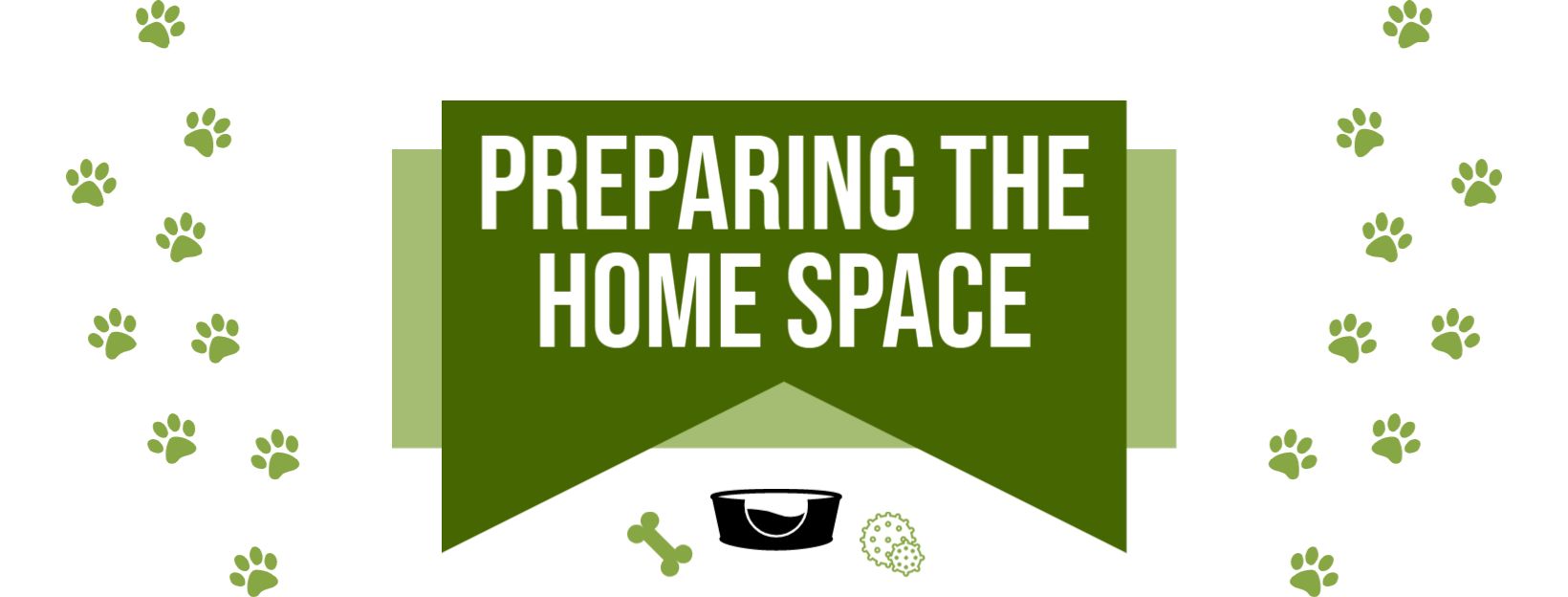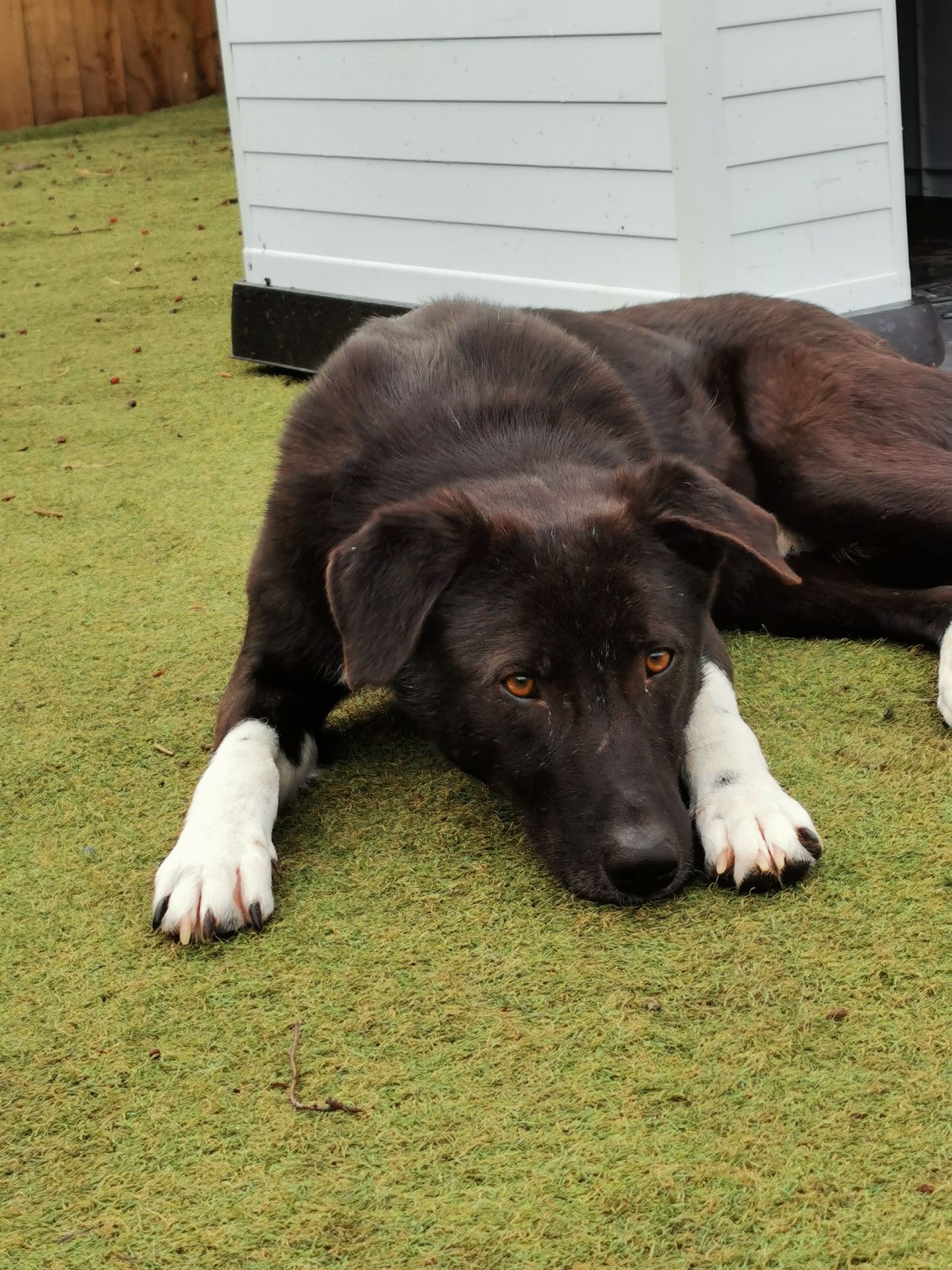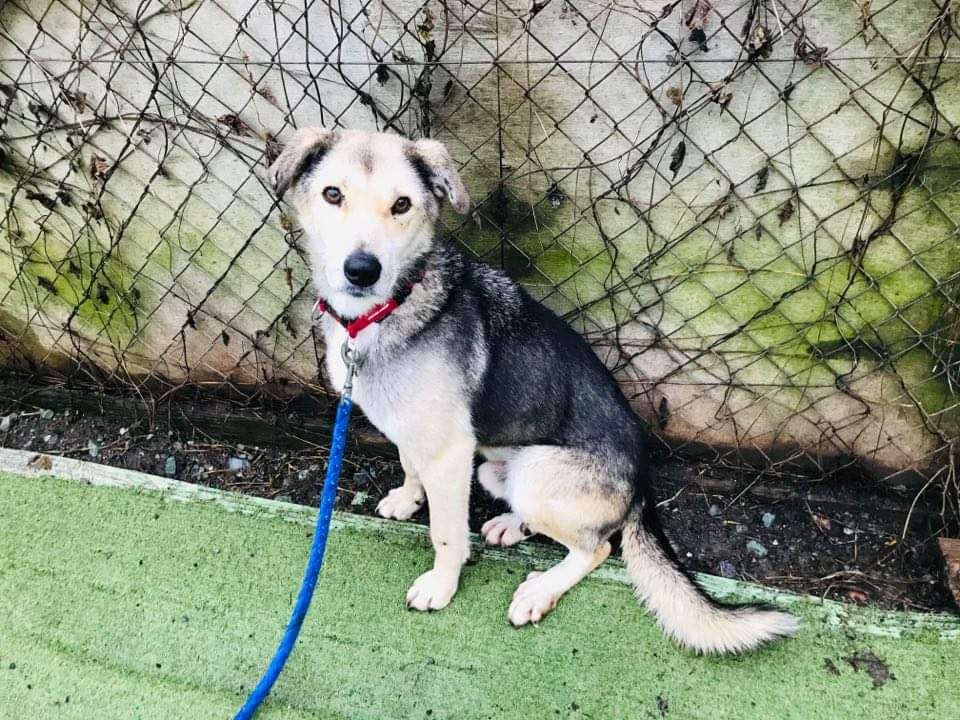

The House
Inviting a Romanian Rescue into the home can be a daunting process, and it is advised that you essentially puppy proof your home to prepare for the arrival of your dog. Removing things like ornaments, candles decorative cushions etc will prevent the dog from destroying them.
You will not know your dog very well to begin with - in the following weeks you can add things back into the home space and monitor the dog's reaction.
Air lock - it is essential that you allocate an air lock (a door/barrier) that prevents the dog from getting to the front door. Ensure that the air lock is used at all times when approaching the front door, entering or exiting it.
Shoes - Your shoes smell amazing to a dog, and provide temptation. We advise moving any discarded shoes away whilst your dog is settling. If you have a shoe rack, it is advised that it is out of the way of the dog. Do not play with shoes with your dog, and refrain from giving them an old pair of shoes to play with if you do not want your dog using your regular shoes as toys. They can't tell the difference between an old or new shoe, so you cannot tell the dog off for chewing up you new pair.
Sofas - If you don't want the dog on the sofa, don't allow them on. If you want the dog on the sofa it needs to be that way for the rest of their lives (unless they begin to resource guard), the dog does not understand the difference between an old sofa and a new one. Make a decision and stick with it.
Kitchen - We recommend moving the kitchen bin out of the room if the dog is being left in there whilst you're out - this will prevent scavenging. Ensure that all food is stored away and not left on the sides. Make sure that your stove is not hot when leaving the dog in there, and ensure that your dog cannot accidentally turn it on.
Stairs - You are welcome to install a stair gate but do bear in mind that most Rommies can scale small boundaries. If you do not want the dog upstairs it is highly recommended that you do not encourage them to use the stairs. If you do, you will need to show them how to go up and down stairs.
Toilet - It is advised that the door to toilets/bathrooms are permanently closed. The last thing you want is your dog drinking toilet water or chewing on cleaning chemical bottles whilst unsupervised.
Bedrooms - It is personal preference if you want your dig to have access to your room, if you don't, simply keep the door closed.
Wires/electricals - Keep these out of the way to prevent your dog chewing them.
Small animal hutches/cages - We cannot guarantee your dog's response to small critters, it is recommended that the small animal is separated from the dog at all times. Remember that cages are designed to keep an animal in, not to keep dogs out.
Crate placement - If possible give your dog their own space, if not possible, place the crate in a low-traffic room, one where they can rest without people walking into their bedroom every 5 minutes and disturbing them. For the first week or so it is best to have your dog's crate as close to the back door as possible so that they have easy access to the garden.

The Garden
You will already have been discussing any potential garden work with the team prior to having your application accepted, however, it is important that you inspect your garden regularly to ensure the dog is secure in the garden.
Fence line - Overtime wood rots and cement crumbles. You need to ensure that your fencing is maintained. Always check the condition after a storm/high-winds to ensure it is safe to let your dog outside.
Bottom of the fence line - Is your dog a digger? Keep and eye on the bottom of the fencing line for holes. Holes can also be created by foxes, rabbits and hedgehogs. If you notice one appearing do not leave it! Fill it in as soon as it's spotted.
Gate - Ensure that your gate is strong and secure. Fit a padlock and keep it locked to prevent people leaving it open and the dog escaping.
Platforms - Bins, tables, storage boxes, bags of rubbish, garden planters and more can act as platforms, allowing the dog to use them to hop the fence. If you purchase new garden items, ensure that your dog is not a climber/jumper, or place it away from the fencing line. Remember to supervise your dog in the garden at all times.
Ponds - Some dogs are overly curious and have eaten fish in the pond, others have fallen in. It is recommended that mesh or a grid is placed over the pond to prevent any accidents from occuring.
Holes/Gaps - Any hole or gap in the garden can be manipulated by the dog which could lead them to escape. Ensure you keep on top of the garden and work on any areas that are beginning to display wear and tear.